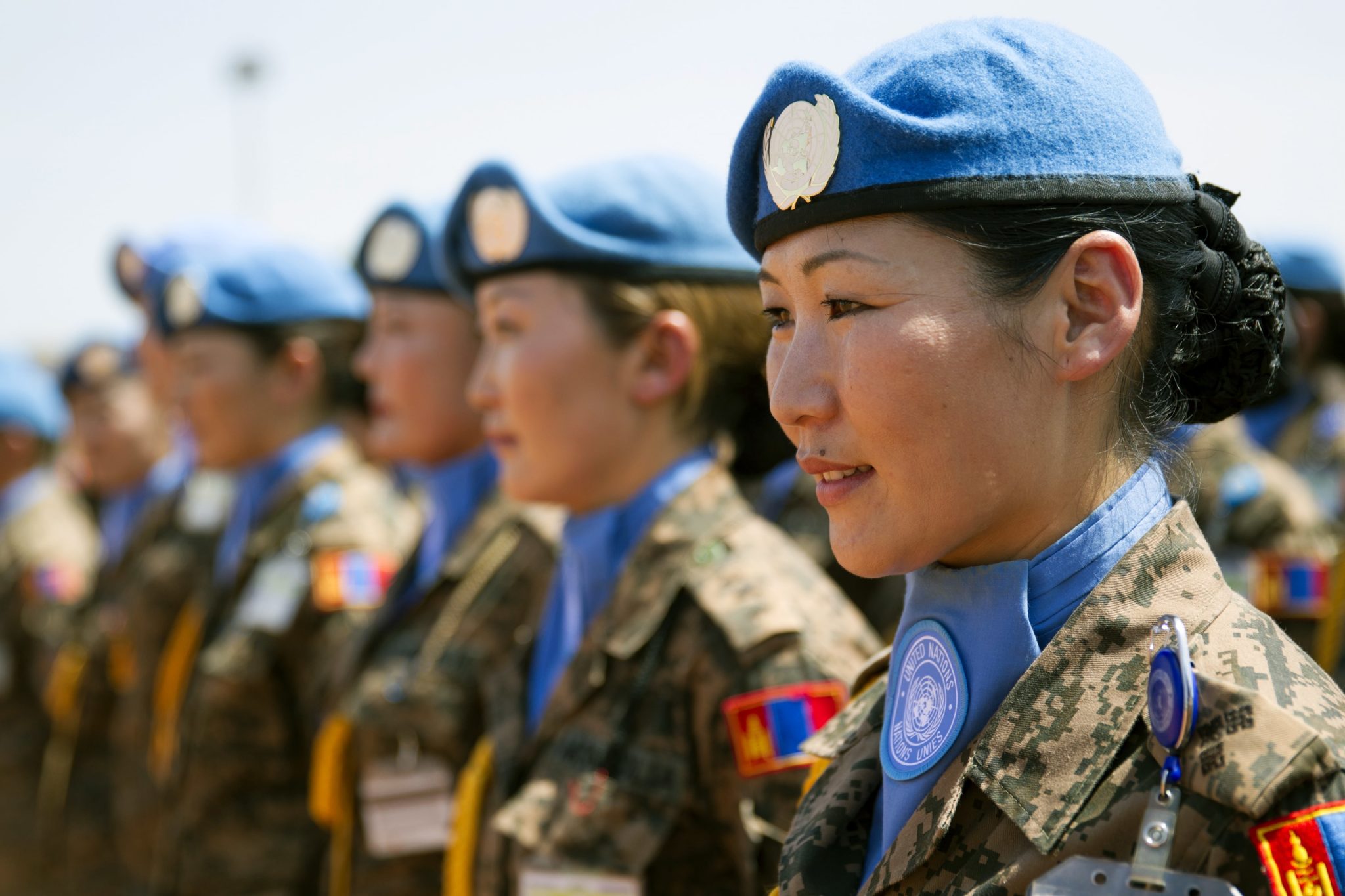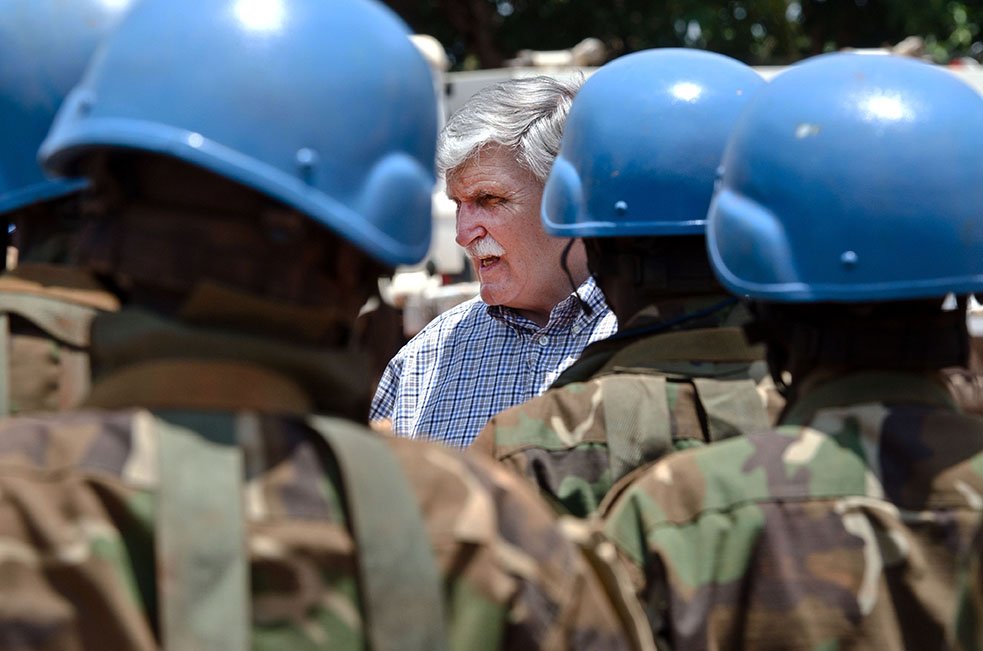Child Soldiers, a Global Problem
Around the world, children are being used as weapons of war to enable and perpetuate armed conflict.
Child soldiers are not just young boys carrying guns. They are boys and girls, under the age of 18, who carry out a wide range of tasks for armed forces and groups, including fighting, carrying ammunition and supplies, cooking, cleaning, spying, carrying messages, and being used for sexual purposes, as suicide bombers, or human shields.
Children are recruited by force or through coercion, or willingly join armed forces and groups through a lack of available options, misinformation, revenge, or in defense of a community. All deserve a childhood free from fear and violence.
The use of child soldiers often accompanies other war crimes, abuses against civilians, mass atrocities, and even genocide. Confronting and ending the use of child soldiers in an urgent priority, helping to end conflicts, build peace, and protect children and the soldiers who have to face them.
Peacekeeping: A Key Part of the Solution

Five of the largest UN Peacekeeping Missions and most complex such operations, along with the African Union Mission in Somalia, work to stabilize countries where child soldiers are used.
Every day, soldiers and police from 122 countries deployed on these missions work to patrol communities, protect vulnerable populations, rebuild infrastructure, resolve conflicts, reform local security forces, and reduce levels of violence. Throughout this work, they encounter children, and all too often child soldiers.
Despite the importance of protecting children, and therefore the future of a country, the women and men who serve in these missions seldom receive comprehensive and effective training on how to confront the use of child soldiers and prevent the recruitment and use of children. Consequently, they are rendered less effective in their mission, and placed at greater risk of death or injury in encounters with forces using child soldiers.
Training: Empowering Peacekeepers to Take Action
Before deploying to a peacekeeping mission, soldiers and police need to be properly prepared to deal with the use of child soldiers, just like they prepare for other threats and conditions present in the area of a deployment.
To be prepared, peacekeepers must be able to deal with the complexities of the use of child soldiers: they are still children, deserving of respect and safety, but are also soldiers and can thus pose a lethal threat; and preventing their recruitment requires collaboration between a wide range of organizations, from peacekeepers to NGOs to civilian government agencies to local communities, with appreciation for each group’s strengths and sensitivity to their needs and expertise.
Equipping peacekeepers with comprehensive and realistic training on the use and recruitment of child soldiers and their role and potential in countering it will empower them to take action, in collaboration with partners on the ground, to protect children and advance the cause of peace.

